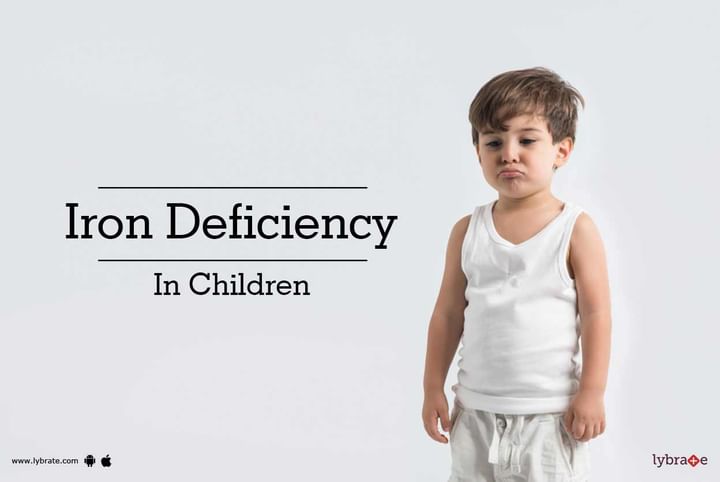Iron is an essential nutrient and mineral that is required by adults and children alike. Iron helps move oxygen from the lungs to the rest of the body and helps muscles store and use oxygen. It is especially important for children because it aids development and prevents anaemia. Untreated iron deficiency in children can cause physical and mental delays. It can lead to less healthy red blood cells in the child's blood stream which will cause a delay in the growth of physical and mental faculties.
Risk factors for iron deficiency in children
Infants and children at highest risk of iron deficiency include:
- Babies who are born prematurely or have a low birth weight
- Babies who drink cow's milk before age 1
- Breast-fed babies who aren't given complementary foods containing iron after age 6 months
- Babies who drink formula that isn't fortified with iron
- Children ages 1 to 5 who drink more than 24 ounces (710 milliliters) of cow's milk, goat's milk or soy milk a day
- Children who have certain health conditions, such as chronic infections or restricted diets
- Children ages 1 to 5 who have been exposed to lead
- Adolescent girls also are at higher risk of iron deficiency because their bodies lose iron during menstruation.
Symptoms of iron deficiency anaemia
The signs and symptoms of iron deficiency anaemia in children may include:
- Pale skin
- Fatigue or weakness
- Slow cognitive and social development
- Inflammation of the tongue
- Difficulty maintaining body temperature
- Increased likelihood of infections
- Unusual cravings for non-nutritive substances, such as ice, dirt or pure starch
Prevent iron deficiency in children
Take steps to prevent iron deficiency in your child by paying attention to his or her diet. For example:
- Breast-feed or use iron-fortified formula. Breast-feeding until your child is age 1 is recommended. If you don't breast-feed, use iron-fortified infant formula.
- Encourage a balanced diet. When you begin serving your baby solids, typically between ages 4 months and 6 months, feed him or her foods with added iron, such as iron-fortified baby cereal. For older children, good sources of iron include red meat, chicken, fish, beans and dark green leafy vegetables. Between ages 1 and 5, don't allow your child to drink more than 24 ounces (710 milliliters) of milk a day.
- Enhance absorption. Vitamin C helps promote the absorption of dietary iron. You can help your child absorb iron by offering foods rich in vitamin C, such as melon, strawberries, kiwi, broccoli, tomatoes and potatoes.
- Consider iron supplements. If your baby was born prematurely or with a low birth weight or you're breast-feeding a baby older than 4 months and he or she isn't eating two or more servings a day of iron-rich foods, talk to a child's doctor about oral iron supplements.
Make sure that you watch out for the tell tale signs of iron deficiency and take the necessary precautions to avoid the same. If you wish to discuss about any specific child related problem, you can consult a specilized pediatrician and ask a free question.


+1.svg)
